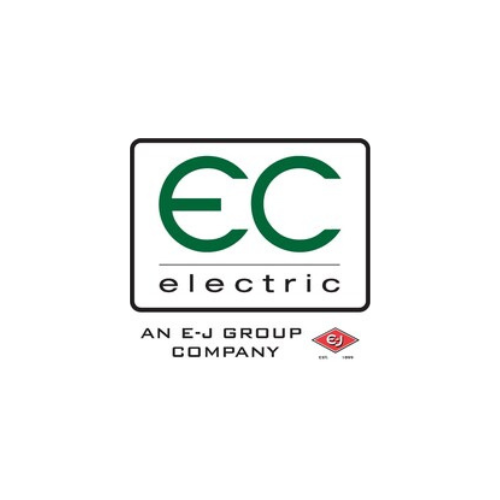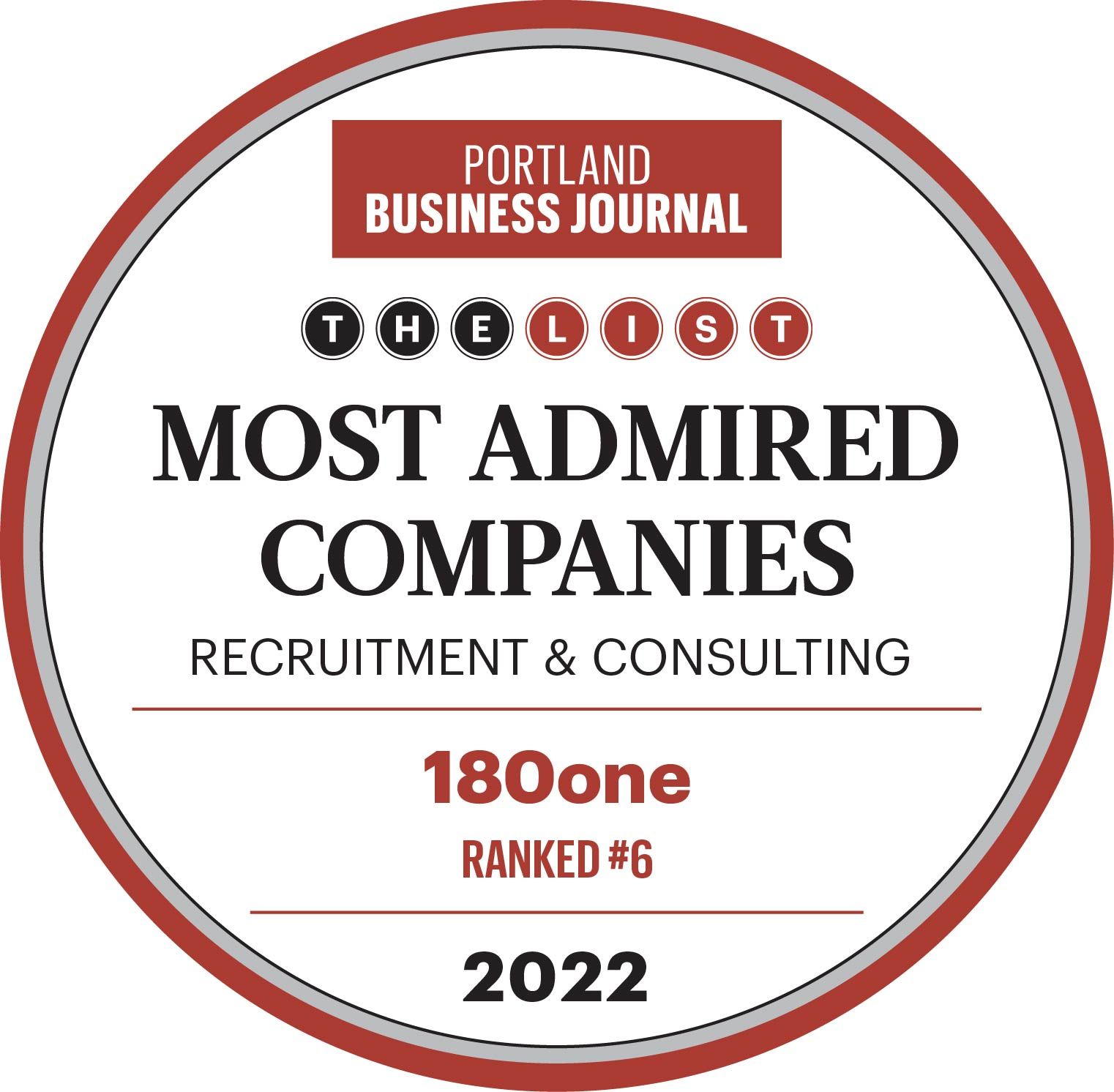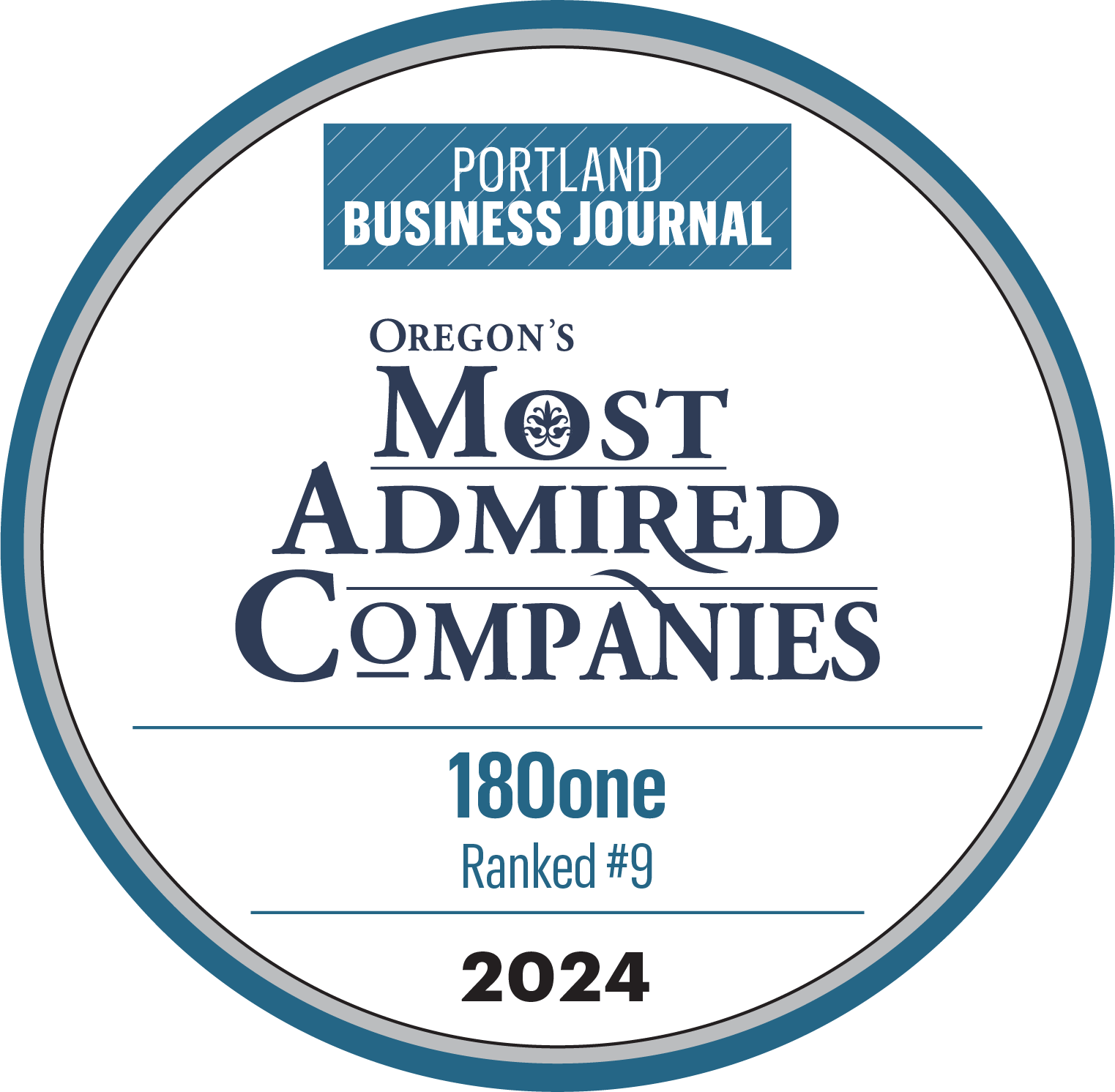The Outsiders - Hiring a CEO from Outside the Industry Might Be the Bold Move Your Company Needs
When it comes to picking a new CEO, most boards reach for the usual suspects: executives with deep industry experience, often from within the same company or sector. That approach can feel safe, familiar candidates, known resumes, and minimal learning curves. But sometimes, playing it safe is the riskiest move of all.
Two bold CEO appointments, Lou Gerstner at IBM in 1993 and Luca de Meo at Kering (home to Gucci, Saint Laurent, and Balenciaga) in 2025, offer compelling lessons in why bringing in an outsider can not only revitalize a struggling company but completely redefine its future.
When a company is facing a critical inflection point, whether due to market shifts, internal stagnation, or a crisis of identity, looking beyond the usual talent pool may be exactly what’s needed.
The IBM Pivot: Why the Best Choice Isn’t Always the Obvious One
When IBM was on the brink of collapse in the early 1990s, the board had every reason to hire a tech industry insider. The company’s mainframe business was declining, and pundits believed the only way forward was to break it apart. The business media circled around technologists like John Sculley (Apple), Ben Rosen (Compaq), and George Fisher (Motorola) as obvious successors for IBM. It seemed clear: IBM needed someone with computer experience.
Instead, the board chose Lou Gerstner, a marketing-focused executive with no background in tech. He had led American Express but had never worked at a tech firm. To most, it seemed like a wild bet.
But Gerstner had what IBM truly needed: a clear-eyed view of business fundamentals, customer orientation, and the courage to challenge entrenched thinking. Within weeks, he diagnosed IBM’s core problem - not a dying mainframe business, but a bloated cost structure and poor pricing strategy. He slashed costs, dropped prices, and pivoted the company toward software and services. The result: IBM swung from an $8 billion loss to a $3 billion profit in under two years. The stock doubled in less than three.
The takeaway? Gerstner succeeded not because he understood technology better than the insiders, but because he saw the business more clearly. His outsider lens became his greatest asset.
Kering’s Gamble: When a Fashion House Needs a Fixer
Fast-forward to 2025. The luxury giant Kering, home to Gucci, Saint Laurent, and Balenciaga, is flailing. Once a cultural powerhouse, the company has lost over 60% of its market value in two years. Gen Z is turning away. Investors are panicking. Gucci, the group’s crown jewel, has lost its sparkle. Leadership is uncertain. The traditional luxury playbook isn’t working.
Enter Luca de Meo, a car executive.
Best known for his turnaround successes at Fiat, SEAT, Volkswagen, and most recently Renault, de Meo is a brand strategist, not a fashion insider. But in an unexpected move, Kering’s longtime CEO François-Henri Pinault tapped him as his successor.
To some, the decision was shocking. To others, it was exactly what Kering needed.
Like Gerstner, de Meo is a seasoned operator with a history of revitalizing stagnant brands. He brought the Fiat 500 back to life. He revived Renault’s design appeal. And, importantly, he understands how to manage complexity at scale, just like a fashion conglomerate demand.
Pinault explained the decision simply: “His experience at the helm of an international listed group, his sharp understanding of brands, and his sense of a strong and respectful corporate culture convinced me that he is the leader I was looking for.”
In other words, Kering isn’t betting on fashion expertise. It’s betting on vision, brand building, and courage, qualities that transcend sectors.
What Great Boards Understand About CEO Selection
These two stories - IBM in 1993 and Kering in 2025 - share a deeper lesson about board behavior: great boards don’t just look for experience. They look for fit, capability, and contextual leadership.
According to governance experts, the best board members do four things related to CEO selection that others often overlook:
- Clarify essential qualities: They define the two or three critical capabilities required to lead the company now, not a generic list of leadership traits.
- Stay open-minded: They don’t default to insiders or industry lifers. They consider external candidates who might bring unconventional strengths.
- Understand true fit: They go deep to match the candidate’s strengths to the business’s unique challenges - not just resume credentials.
- Accept imperfections: No candidate is perfect. Great boards don’t let minor gaps outweigh major potential.
The IBM board, for example, didn’t get fixated on Gerstner’s lack of tech experience. They focused on his customer acumen, strategic thinking, and execution muscle. Kering is doing the same with de Meo: prioritizing brand vision and organizational agility over fashion-world familiarity.
Why Outsiders Sometimes Make the Best Insiders
There’s a myth that only someone “from the industry” can understand a company’s product or sector. But often, industry veterans are too close to the way things have always been done. They bring assumptions, biases, and sometimes too much reverence for tradition.
Outsiders, on the other hand, are unencumbered. They ask disruptive questions. They bring fresh playbooks. They’re more willing to cut sacred cows or challenge failing strategies. And when paired with a strong leadership team that fills in any gaps, they can create transformative results.
In both IBM and Kering’s case, their challenges weren’t about industry-specific knowledge. They were about strategic misalignment, outdated business models, and fading relevance. And those are problems a great leader, regardless of background, can solve.
So, When Should You Look Outside?
Hiring an outsider isn’t always the right call. But it can be the smartest one in situations like:
- An identity crisis (like Kering): when the company no longer knows who it is or how to connect with a new generation of consumers.
- A deep turnaround (like IBM): when the internal culture is stuck and bold change is needed.
- A strategic pivot: when the business must evolve quickly, and current leadership lacks the skills or courage to get there.
- A stagnant succession pool: when the internal candidates reflect the past more than the future.
Bold Moves Create New Futures
Both Lou Gerstner and Luca de Meo walked into the industries they weren’t born in. They remind us that leadership is less about where you come from, and more about how you think, act, and lead.
Boards that have the courage to look outside their industry not only to widen the talent pool - but they also give their companies the best shot at meaningful transformation.
In moments of crisis or reinvention, you don’t need more of the same. You need someone who sees things differently and has the guts to act on it.






